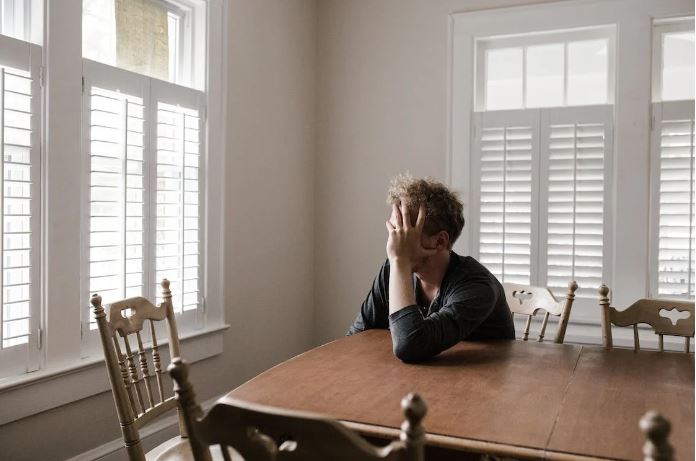Coping With the Feeling of Being Left Out
Belonging to a group is a basic human need, yet at times we find ourselves on the sidelines feeling left out. No one is immune to this experience which, when prolonged, can lead to feelings of loneliness, isolation, and even depression. Understanding the causes and recognizing the triggers of these feelings are the first steps toward overcoming them. In this article, we delve into the dynamics of feeling left out and how best to cope with it.
Understanding the Pain of Social Exclusion

The feeling of being left out is akin to rejection, which triggers pain pathways in the brain similar to physical pain. This is an evolutionary response, as our ancestors depended on group cohesion for survival. Being excluded was a literal death sentence; therefore, our brains developed to treat social rejection as a threat. Everyone experiences these feelings at some point. Recognizing the commonality of the feeling can foster empathy and connection.
The feeling of being left out is exacerbated further in today’s connected world, but technology can actually be beneficial for those looking for someone to talk to. For instance, online peer support chatrooms can be incredibly useful when you are feeling left out or isolated. These chatrooms provide a safe and supportive environment where you can connect with others who may be experiencing similar emotions or situations. Whether you are dealing with social isolation, loneliness, or simply feeling like you don’t belong, these chatrooms offer an opportunity to interact with others who understand and can offer empathy and guidance.
Healthy Ways to Process Negative Emotions

When feeling left out, it’s normal to experience a range of negative emotions such as sadness, anger, or fear. Instead of suppressing these emotions, allow yourself to feel them fully. This healthy processing can prevent the buildup of emotional tension. Mindfulness techniques are beneficial tools for processing negative emotions. By focusing on the present moment, you can disconnect from negative thought spirals and avoid projecting the feeling of being left out into the future.
Physical activities can also aid in releasing pent-up feelings. A walk in the park, yoga, dancing, or any exercise that you enjoy can help distract and elevate your mood. Journalling about your experiences and emotions can offer fresh perspectives and realizations that are therapeutic. It’s a direct mode of self-expression that grants a chance to validate emotions and to find patterns over time.
Building Your Own Support Network
Building a supportive network is essential in tackling the feeling of being left out. Begin by reaching out and reconnecting with people you haven’t talked to in a while, or creating connections with new ones. Networking doesn’t always mean making a large number of friends. Having a few close-knit friends who understand and empathize with your feelings is more valuable. Quality relationships carry greater weight than quantity.
Volunteering in the community or joining clubs and organizations that cater to your interests can be ways to meet new people and build connections. Likewise, online communities of like-minded individuals offer similar benefits from the comfort of your home. Maintaining this network is just as important as building it. Regularly checking in with your friends and showing genuine interest in their lives fosters a deeper connection.
Coping Strategies for Overcoming Feelings of Isolation

To overcome feeling left out, you need to acknowledge and accept the feeling. Avoid belittling your experience. Recognize that it is okay to feel upset or hurt and that you are not alone in such experiences. Empowering yourself to invite others to events or activities can also prevent feelings of exclusion. Remember to include others to avoid a cycle of exclusion.
Strengthening your self-esteem and focusing on self-care is vital. Affirming your self-worth can allow you to become less reliant on external validation. Engaging in activities you love can boost happiness levels and reduce feelings of isolation. Seeking professional help can work wonders when coping with intense feelings of exclusion. Therapists or counselors can provide the necessary tools and techniques to manage, and even overcome, the feeling of being left out.
As you can see, experiencing the feeling of being left out is a normal part of human existence. However, it doesn’t have to dictate your emotional well-being. By understanding, recognizing, and processing these feelings, finding new friends, and implementing healthy strategies, you can effectively navigate and perhaps even vanquish these feelings. Follow our tips and you’ll be on your way to feeling supported by the people around you.




